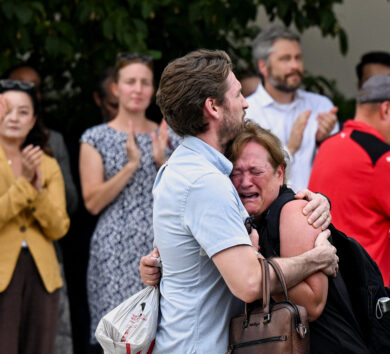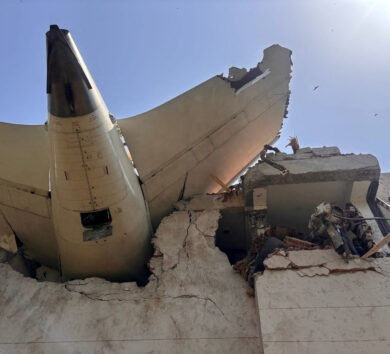

Following the release of the Jamaica Education Transformation Commission’s (JETC) report on the status of the country’s education sector, Chairman of the Commission, Professor Orlando Patterson, says the sector is one “in crisis”.
Speaking at the virtual launch of The Reform of Education in Jamaica 2021 report on Thursday (January 13), Patterson relayed that there are three main problems keeping Jamaica’s education system in a state of crisis.
The first is that, while the country has achieved success in terms of high school enrollment,this has been coupled with the failure of poor performance.
According to Patterson, there is also the organisational crisis that has befallen the education ministry and, lastly, there is the “learning crisis” which has resulted from being in the midst of the COVID-19 pandemic.

Speaking on the crisis of poor performance amid high school enrollment, he noted that the best example of Jamaica’s serious learning crisis is to be found in the results of the 2019 Primary Exit Profile where “a majority of the students at the end of primary school remain illiterate and enumerate,” a problem further exacerbated by students “who leave secondary school with no marketable skills”.
Patterson continued, citing a World Bank metric which perfectly summarises the disastrous situation of the country’s education system, stating: “Jamaican students can expect to complete 11.4 years of schooling by the time they reach 18 years old but controlling for quality and taking into account what they have learned, this is equivalent to only 7.1 years of learning. A learning gap of 4.3 years…”.
On the matter of the education ministry’s organisational crisis, the JETC chairman indicated that many of the ministry’s pitfalls lie in the lack of implementation of recommendations made by the 2004 Task Force.
To this end, the Patterson-led commission has recommended that a number of organisational changes be made within the ministry, chief among which include the creation of an oversight committee to monitor the implementation of the committee’s recommendations.
As a third crisis facing the education sector, the commission’s report sought to shed light on the learning crisis which has resulted from the COVID-19 pandemic.
While making his contribution at the report’s virtual launch, Patterson stated: “COVID has been a calamity for our students, as you know, and it has (been) exacerbated by the existing problems of equity.
“The cost of recovery will be great. The World Bank estimates that the total cost of recovery will be something in the order of J$2.5 billion annually for two years, but we better do it, because the cost of inaction, the World Bank estimates, will be in the region of US$5.5 billion, which will be unevenly more by the population.”
Given this, the professor argued: “…We can choose between spending this extra amount upfront now, of only $2.5 billion to make up back for what we’ve lost, or we can not do it or not do it efficiently and end up with a final cost of US$5.5 billion. It’s a no brainer what we should do.”







Comments